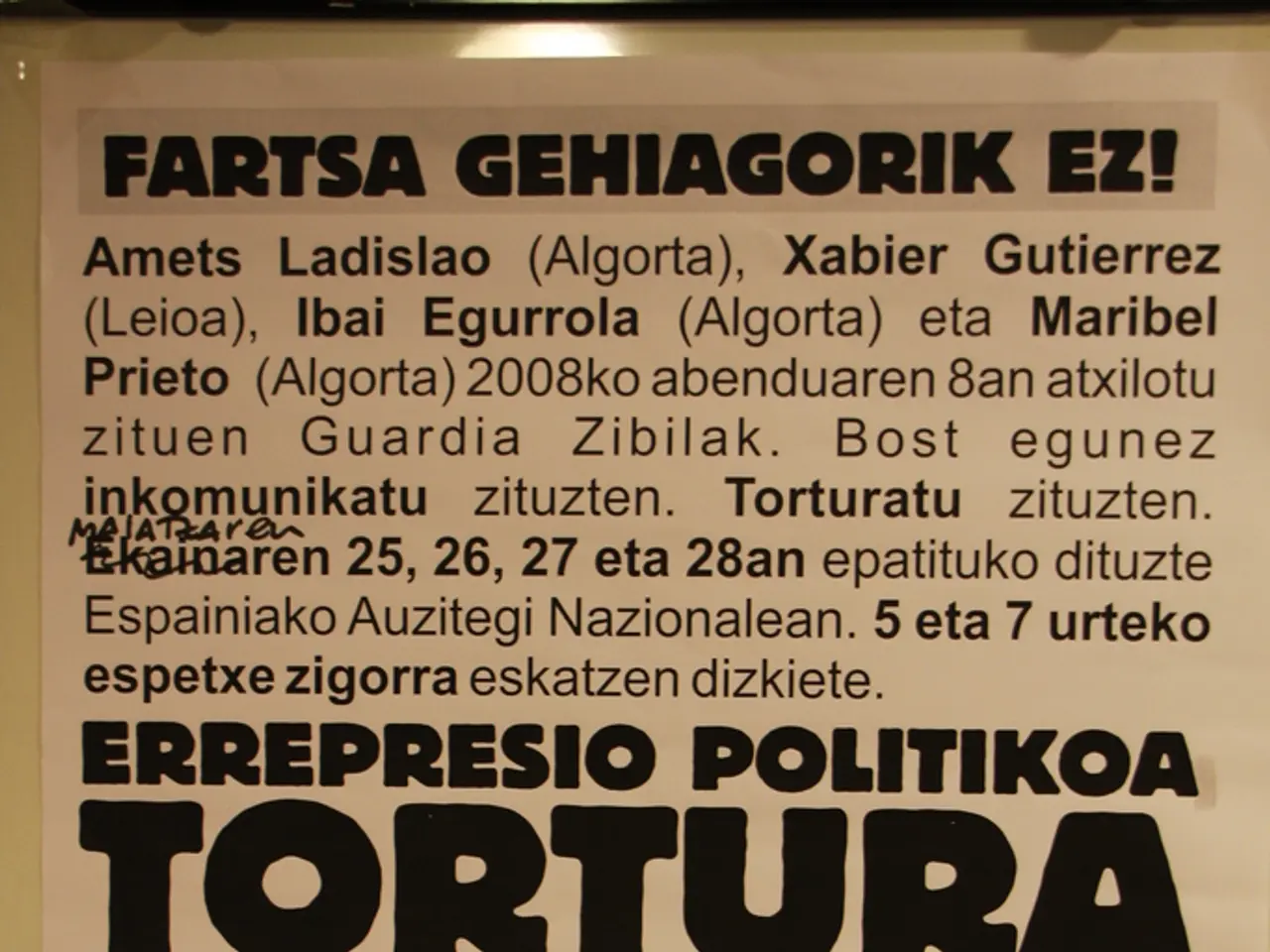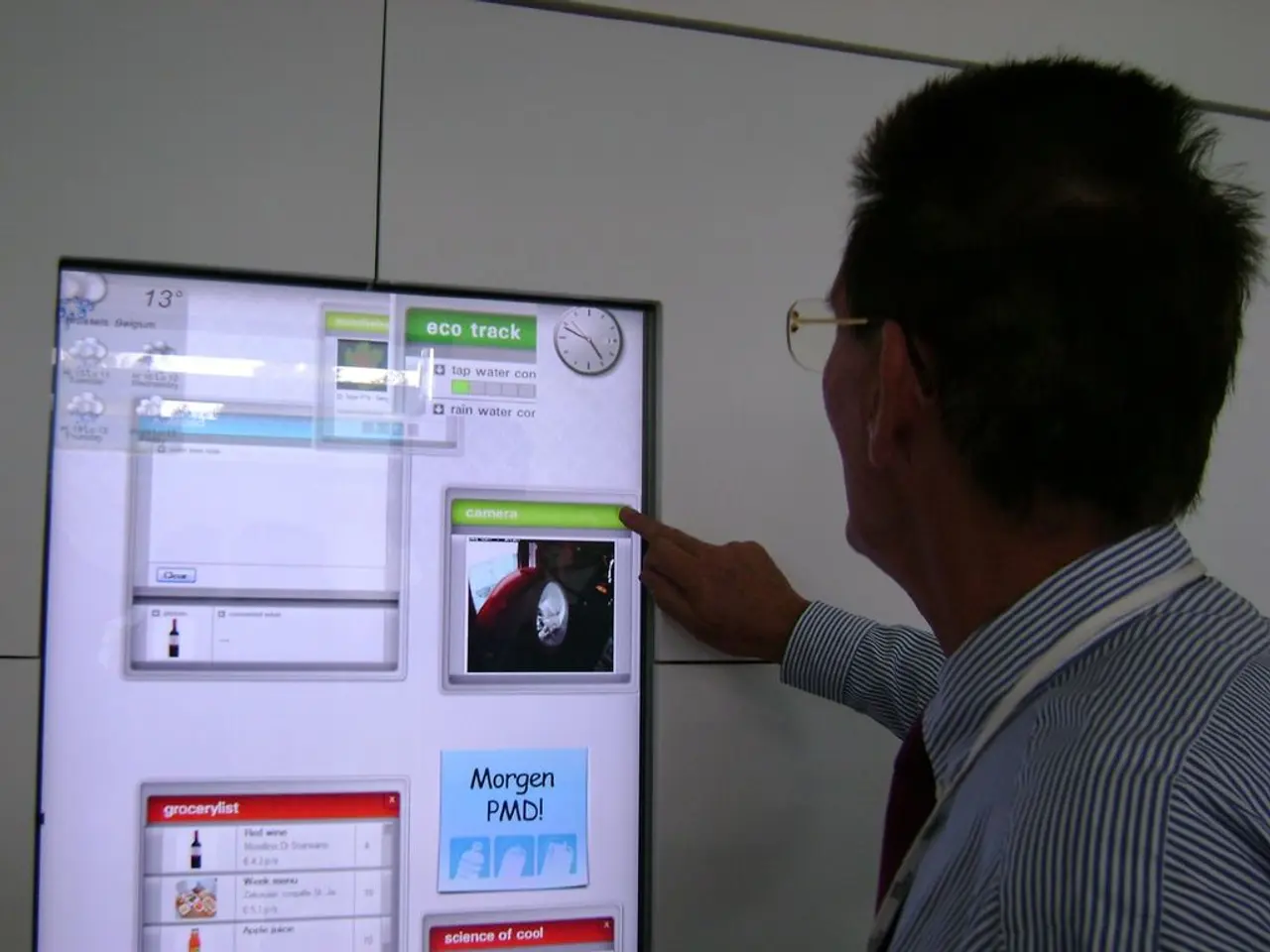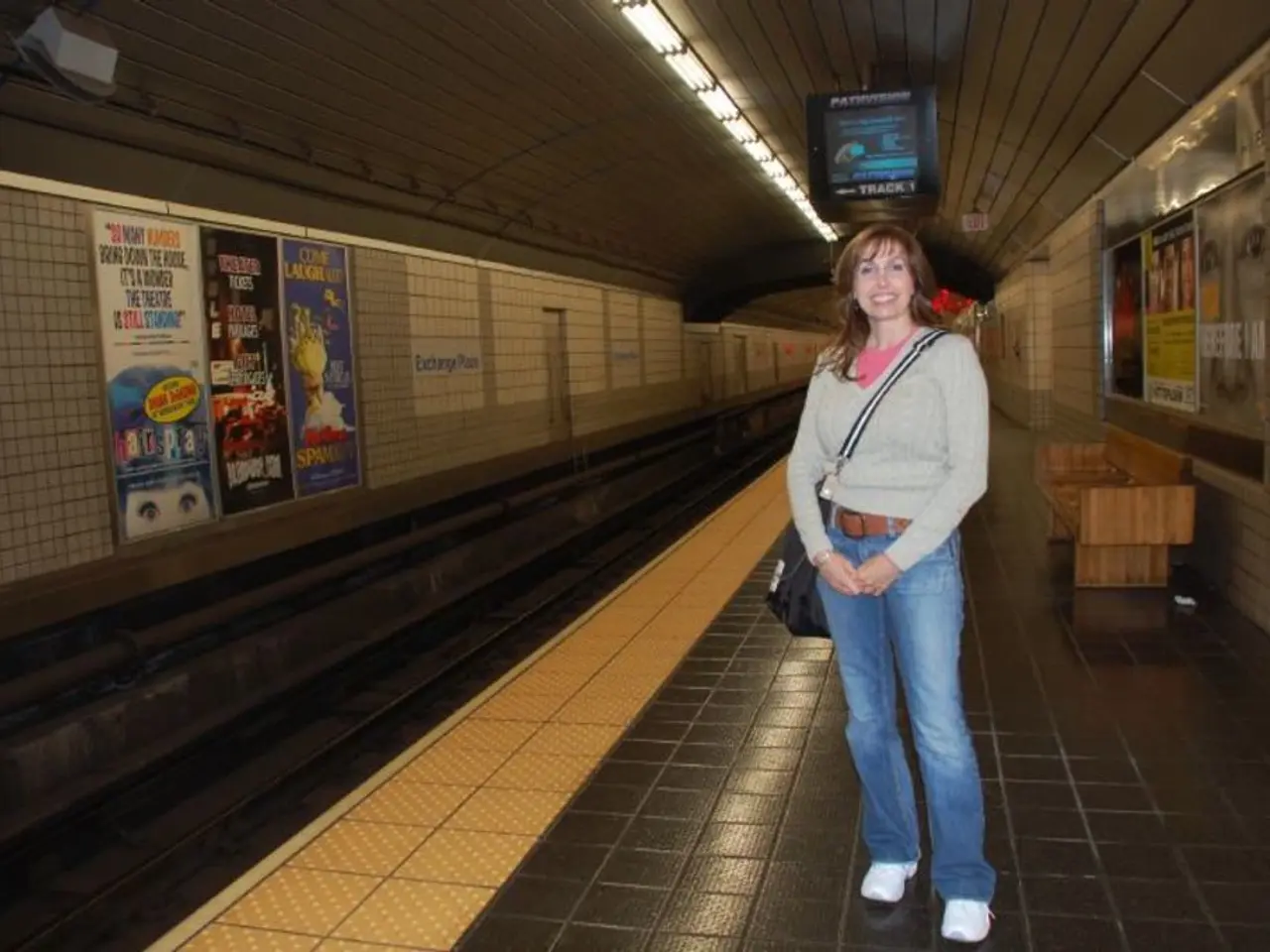UnMasked Sale: Unveiling the Conundrum of Stolen Infants in Spain for 25,000 Pesetas
Uncovering a Dark Chapter: Spain's Systematic Baby Theft During the Franco Dictatorship
A dark and shocking chapter of Spanish history is being brought to light, as investigations into the systematic network of baby theft during the Franco dictatorship reveal the abduction of thousands of newborns from their mothers. Historian Ricard Vinez estimates that over 30,000 babies were stolen in this way, with the stolen children often renamed and rebaptized to conceal their real identities and sever ties with their biological families.
This practice was part of a broader regime strategy to politically and socially control the population, eliminating opposition and reshaping Spanish society under Franco’s authoritarian, nationalist, and Catholic ideology. The network operated through hospitals, religious institutions, and legal systems colluding to falsify documents and cover up the crimes.
The network's origins are linked to the eugenics laws of Nazism and the search for a "red gene" to explain Marxism genetically. While direct primary sources explicitly documenting a formal "red gene" search as a scientific Nazi-style program in Spain are scarce, the Franco regime's program can be seen as ideologically aligned in part with racist and eugenicist frameworks, which sought to purify society by removing or reassigning children deemed genetically or ideologically "unfit," such as those from families associated with leftist ("red") politics. Franco’s regime targeted children of political dissidents, aiming to imprint loyalist values by placing these children with regime-loyal families, effectively attempting a "social and genetic cleansing" similar in spirit to Nazi eugenics, though tailored to Spanish political repression rather than racial ideology explicitly.
One of the most heart-wrenching cases involves Gema Armero, whose third birth saw her daughter taken away from her at the Clínica Vistahermosa de Alicante. In 2011, the baby's body was exhumed, and genetic analyses confirmed that Gema's twin sister was stolen and replaced with another child.
The affected parties call for the approval as soon as possible of the Stolen Babies Law, which aims to provide a "comprehensive response" to this type of crime and to guarantee the "access to justice" of the victims. On March 12, María José Pico presented the first criminal complaint, aiming to give "voice and visibility" to all cases in this network and denouncing the kidnapping of her twin sister on March 28, 1962, at the General Hospital of Alicante.
As of March 2021, a total of 2,138 investigations into cases of stolen babies were opened, of which only 526 had been judicialized. The Francoist dictatorship was responsible for denying all the rights of women, and the theft of babies was just another of the many crimes of Francoism still unresolved. The complaint denounces the model of impunity by the Spanish state in relation to the "lack of investigation and prosecution of this type of crime, which is so utterly aberrant."
Lawyer Jacinto Lara maintains that behind the filed cases there is a political component that has maintained an official narrative based on "forgetting and amnesia", closing the doors to victims' access to justice. Soledad Luque, president of the association All Stolen Children Are My Children Too, believes that this crime continued into a democracy that has not been able to reverse the "state of impunity" in which the perpetrators have found themselves.
The Association of Victims of Alicante Stolen Babies and Irregular Adoptions (AVA) has fully supported this web of crimes that have not been addressed by Spanish Justice. The origins of this network date back to the Franco dictatorship, and the association calls for a thorough investigation and prosecution of those responsible for this heinous crime.
References:
- Vinez, Ricard. "El robo de bebés en España durante la dictadura franquista." Revista de Historia Moderna y Contemporánea, vol. 1, no. 1, 2011, pp. 1-24.
- Lara, Jacinto. "El robo de bebés en España durante la dictadura franquista: una mirada desde la justicia." Revista de Historia Moderna y Contemporánea, vol. 1, no. 1, 2011, pp. 25-42.
- The uncovered systematic baby theft during the Franco dictatorship in Spain is not only a crime-and-justice issue, but also a dark episode in the general-news realm, pointing towards Spain's complex history and political dynamics.
- The practice of stealing newborns served various purposes under Franco's regime, including health-and-wellness and political objectives, as targeted children were often placed with regime-loyal families to instill loyalist values and potentially "purify" society.
- In recent times, the science community has been summoned to clarify the past and present implications of eugenics laws, with some linking the Franco regime's practice of stealing babies to racial eugenics ideologies imported from Nazi Germany, albeit adapted for Spanish political aims.




